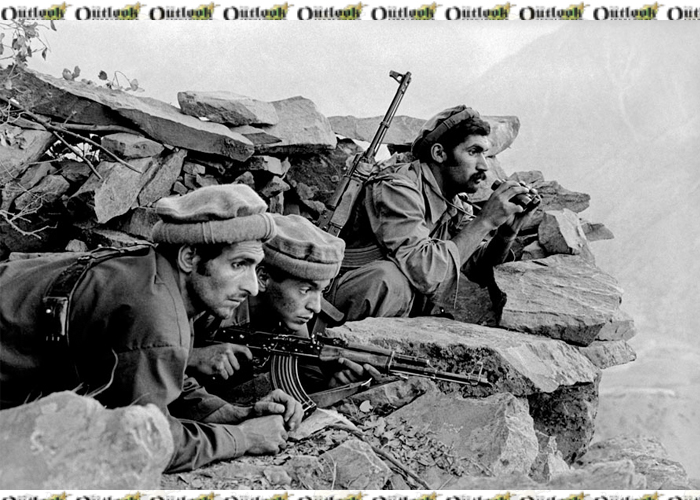Today is coincided with International day of the book. This day is widely marked throughout the world to highlight the role and importance of book and to promote the culture of reading books among the people. Historically, this day back to 1995 when UNESCO decided to designate April 23 as World Book Day. Despite its global importance in promoting the culture of peace, no one commemorate it in Afghanistan to encourage people resolve their problems through books and rationality instead of through guns and explosives. In fact, everything has overridden by political issues in Afghanistan and so books and book reading seems a diminutive phenomenon in the country. In order to invite the belligerent groups towards books, rationality and peace, let’s commemorate the day with highlighting the challenges of book reading in the country.
As a result of forty years of war and destructions, the culture of book reading is very weak in the country. The reception of most people from book is still traditional in Afghanistan. Instead of reading books, they respect it, kiss it or prevent it from burning while in modern cultures people try not to miss reading of important books. Most people think reading books are the job of scholars, professors, scientists, teachers and technocrat group of people. Even, the rich and educated people are not interested to read books. Therefore, the rate of book reading is extremely low in Afghanistan.
The citizens and even the students instead of reading books prefer to watch T.V, use social media networks, play mobile games or hang around without any purpose. Therefore, a large number of young generations are propelled to unhealthy and dangerous activities in the country. They meet bad and addicted people, and then gradually join their groups and after that create a lot of social and political problems in the society. If we could institutionalize the culture of book reading in the country, the level of poverty, social crimes, violence against women, children and overall family conflicts could not have been in the current level. Nevertheless, to not read books, is not deemed a problem in Afghanistan. The relevant ministries do not consider how a great of part of our time is evaporated with the passage of every second.
The next barrier to book reading culture is pertained to weaknesses of schools and universities in Afghanistan. The students are not familiar with research and internet skills and so they have a very weak perception from today’s modern information revolution. In fact, the people are unaware that a huge resource of information exists under their fingers when they access to a mobile or computer. From one hand, the people have low skill on how to establish physical, mental and critical interactions with books. On the other hand, they confine books to traditional books and the libraries to traditional libraries while in temporary era there are vast sources including traditional library, virtual libraries, websites and other internet resources. We also confine book readings to a specific location while in advanced countries people are accustomed with book reading no matter wherever they are. When we are waiting at a bus stop, inside the car, inside the train or waiting for paperwork at a government office they read books or use Google to read online resources.
Violence and poverty are the other factors of poor book reading culture in Afghanistan. Unfortunately, nearly 72% of our people are under poverty line. There is no good news in media other than violence which created a dark and unknown perspective to the future. Therefore, neither the people have motivation for book reading nor they afford to buy books or use online resources. The local libraries have just old and traditional books while there is a saying that some books leave us free and some books make us free. Some of these books are poisonous books spreading violence, hatreds and extremisms. We need to provide them with the updated books to prevent people from extremism and also wastage of time. When a person is deviated as a result of reading a poisonous book, it takes long time to bring him on the right track.
In clearer terms, some of the books spread mind diseases which are communicable such as viruses can rapidly spread through new media while the weak and less knowledgeable people are more vulnerable against the viruses. The only weapons which protect us against these viruses are good books and so whatever the cost of books are, the price is cheap compared to that of an ignorant and ill nation. The nation who does not read books will frequently repeat the history, and the man who does not read books has no advantage over the man who cannot read books.
So, the Ministry of Information and Culture, and also the ministry of Education are more responsible than others to cultivate the culture of book reading in Afghanistan. The ministry of culture needs to promote the culture of book reading in the country, but the ministry of education should promote the skills of book reading and also internet research skills in the country, especially in school and university level. We should know there are no more powerful tools to change the fate of an individual or a nation than books and today’s unlimited informational resources. When people learn how to use informational resources, it will not only change their traditional views about different aspects of life but also change their understanding of the things we encounter in our life.
Home » Opinion » The International day of the book and its status in Afghanistan
The International day of the book and its status in Afghanistan
| Mohammad Zahir Akbari

